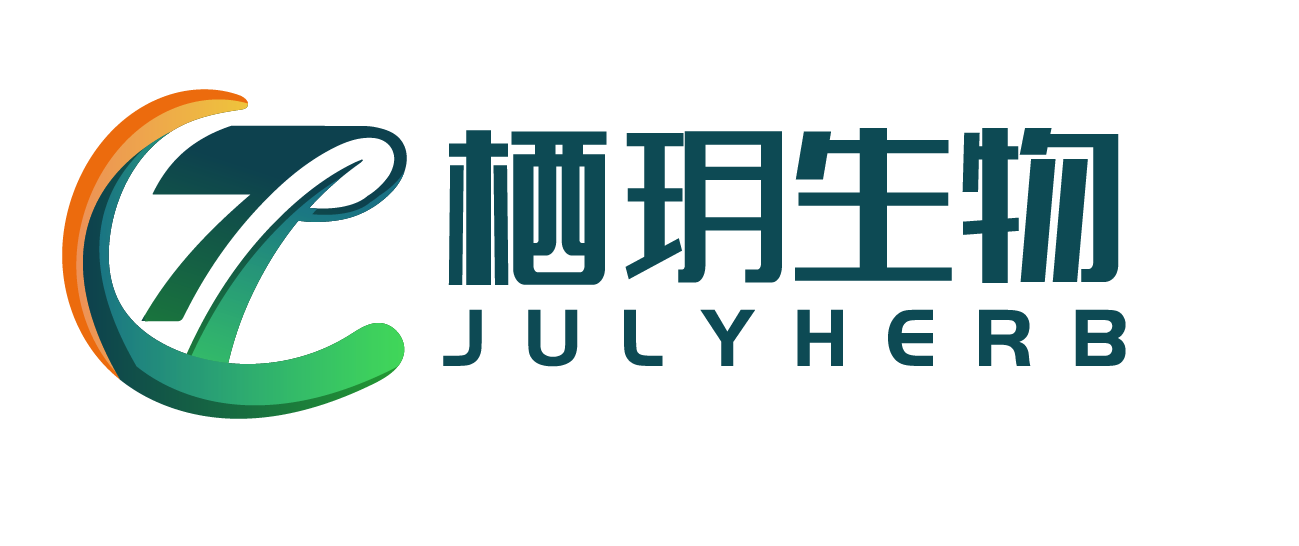Hydroxyethyl Cellulose: What is it and where is it used?

Hydroxyethyl cellulose (HEC) is a nonionic, water-soluble polymer. It is a white, free-flowing granular powder and is made by reacting ethylene oxide with alkali-cellulose. HEC has uses in the cosmetics and personal care industries as a gelling and thickening agent. In pharmaceuticals, cellulose has been used as an adsorbent, glidant, drug solvent, and suspending agent. It can also be found in household cleaning products.
Hydroxyethyl cellulose is a polysaccharide derivative with gel thickening, emulsifying, bubble-forming, water-retaining and stabilizing properties. It is used as a key ingredient in many household cleaning products, lubricants and cosmetics due to its non-ionic and water-soluble nature. It is often used as an ingredient in ophthalmic pharmaceutical preparations such as artificial tear solutions and adjunct agent in topical drug formulations to facilitate the delivery of drugs with hydrophobic character.
Is hydroxyethyl cellulose natural?
Hydroxyethylcellulose is one such compound that is 100% natural and vegan, derived from cellulose, which is one of the most common organic compounds that we know of.
Used of Hydroxyethyl cellulose :
Hydroxyethyl Cellulose has wide applications: In the paint industry, Hydroxyethyl Cellulose can provide the latex paint especially high PVA paints with excellent coating performance. When the paint is thick paste, no flocculation will occur. Hydroxyethyl Cellulose has higher thickening effects. It can reduce the dosage, improve the cost-effectiveness of formulation, and enhance the washing resistance of paints. Hydroxyethyl Cellulose is all treated by the delayed dissolution, and in the case of adding dry powder, can effectively prevent caking and make sure hydration starts after the adequate dispersion of Hydroxyethyl Cellulose powder.
In the daily chemical industry such as toothpaste, soap, lotion and cosmetics, and ointment, Hydroxyethyl Cellulose acts as a thickener, dispersing agent, binder and stabilizer to increase the density, lubrication, and mercerized appearance of products.

- Hydroxyethyl Cellulose of daily-chemical grade has good mildew-resistant performance, system thickening and rheology modifying functions, as well as good water retention and film formation, and gives the final product full visual effects and all necessary application performance. The surface-treated Hydroxyethyl Cellulose has cold water solubility, and dry powder can be used and directly added into water. Good dispersion of the product in water can avoid clumping of product, and the occurrence of uneven dissolution. The final aqueous solution is uniform, continuous and full.
- Hydroxyethyl Cellulose can be used as a thickener and cementing agent of workover fluid for oil wells. It helps to provide with the clear solution with a low fixed content, thus greatly reducing the damage to the structure of oil wells. The liquid with Hydroxyethyl Cellulose used for thickening gets easily decomposed by the acid, enzyme or oxidizing agent, and greatly enhances the ability of hydrocarbon recovery. In the oil well fluid, hydroxyethyl cellulose is used as the carrier of proppant. These fluids can be easily decomposed by the the processes described above.
Hydroxyethyl cellulose properties
Hydroxyethyl cellulose doesn’t have any direct skin benefits but it helps the product work more effectively. Because hydroxyethyl cellulose is a stabiliser, it helps hold emulsions together. This means you can use it in your lotion and body butter recipes to add thickness and stability.
It is also used as a thickening agent to create the desired texture and consistency for creams or lotions. Hydroxyethyl cellulose also creates a film over the skin, which allows the product to create a smooth and continuous layer across the skin. This leaves the skin feeling silkier and softer.
Hydroxyethyl cellulose viscosity
Hydroxyethyl cellulose is a non-ionic, water-soluble powder, which can be dissolved in both cold and hot water. The viscosity of our hydroxyethyl cellulose is 30000-100000 cps.
What does HYDROXYETHYLCELLULOSE do in a formulation?
- Binding
- Film forming
- Stabilising
- Viscosity controlling
Hydroxyethyl cellulose safety
Hydroxyethyl cellulose is considered a safe product that can be used in hair and skincare products. It is generally used to stabilise and thicken recipes and this ingredient isn’t expected to irritate the skin.
Is hydroxyethyl cellulose harmful?
It is currently used in concentrations as low as 0.0002%, and as high as 39%. The independent Cosmetic Ingredient Review panel has ruled hydroxyethylcellulose safe as used in cosmetics, even in amounts much higher than what would occur from normal human exposure.
Precautions
Before using Hydroxyethyl Cellulose, inform your doctor about your current list of medications, over the counter products (e.g. vitamins, herbal supplements, etc.), allergies, pre-existing diseases, and current health conditions (e.g. pregnancy, upcoming surgery, etc.). Some health conditions may make you more susceptible to the side-effects of the drug. Take as directed by your doctor or follow the direction printed on the product insert. Dosage is based on your condition. Tell your doctor if your condition persists or worsens. Important counseling points are listed below.
